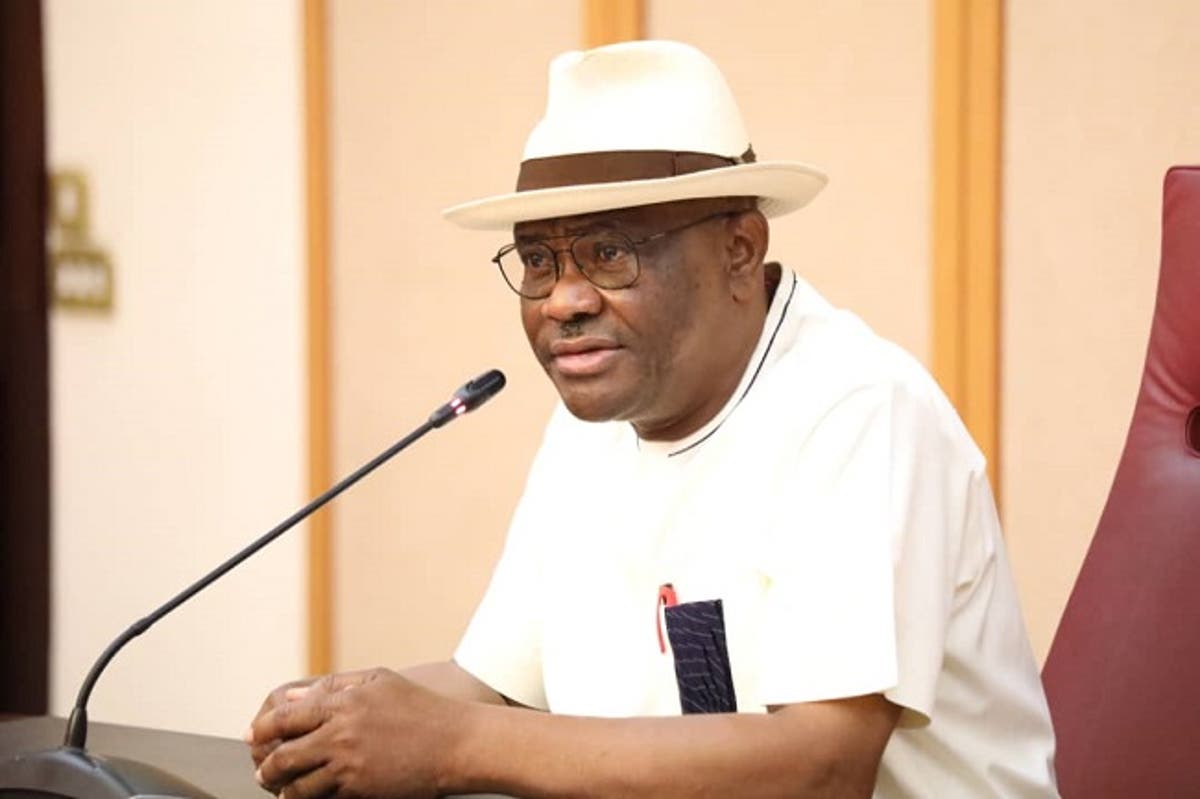Militants, alongside relatives of victims of the infamous abduction of the Chibok schoolgirls that sparked global outrage in 2014, gathered in Lagos on Sunday, April 14, to renew calls for the release of the remaining girls in captivity.
The Sunday meeting was organized to mark the 10th anniversary of the abduction that affected 276 schoolgirls from the Government Girls Secondary School in Chibok, Borno State, northeastern Nigeria.
“What I would ask the government is to find a way to work towards bringing back our sisters because I know it is only the government that can help us bring back these girls,” said Grace Dauda, a rescued Chibok schoolgirl.
Another rescued schoolgirl, Rebecca Malu, added, “They should stay safe. They should stay strong, one day, they will be released like us.”
While some girls managed to escape on their own, others have been freed over the years through intense campaigns by civil society organizations and government negotiations. But this human rights activist, Ayo Obe, is calling for more action from the authorities.
“We know that we started with missing persons numbering two hundred and fifty-six; it is already an improvement that we are down to 91. But of course, 91 is 91 lives unaccounted for. We appreciate the fact that so many of them escaped during the abduction itself. We appreciate the fact that the government has brought back so many more of them, but we say that we don’t stop here. We need the momentum that has happened since the mass return during the Buhari administration in 2016-2017 to be maintained. We expected that the remaining girls would have been brought back,” she said.
Mass school children kidnapping in Nigeria has continued nearly unabated since Chibok. Around 1,700 students have been kidnapped in raids since 2014 according to Amnesty International.
A member of the Bring Back Our Girls movement and convener of the 10th-year anniversary in Lagos, Opeyemi Adamolekun, lamented this as unfortunate.
“Unfortunately, it became political between 2014 and 2015, part of the amplification of the movement was part of the 2015 presidential campaign. And we saw the effect of the first batch of 21 that were released with the help of the Red Cross and the Swiss government. The second batch of 82 that were released with the help of the Red Cross and the Swiss government as well. But unfortunately, it seems that energy sort of dissipated because the government doesn’t feel as much pressure as they used to feel,” she said.
For this group of Nigerians, the government must match words with more action to stem the tide of mass school kidnappings in the country.
According to the Murtala Muhammed Foundation, a charity that advocates for the Chibok schoolgirls, about 90 girls still remain in captivity while dozens of the schoolgirls freed over the years are living inside a military-run rehabilitation camp with surrendered Boko Haram fighters they married in the Sambisa forest, Boko Haram’s main hideout.
Latest posts by Texas Guardian News
(see all)



































